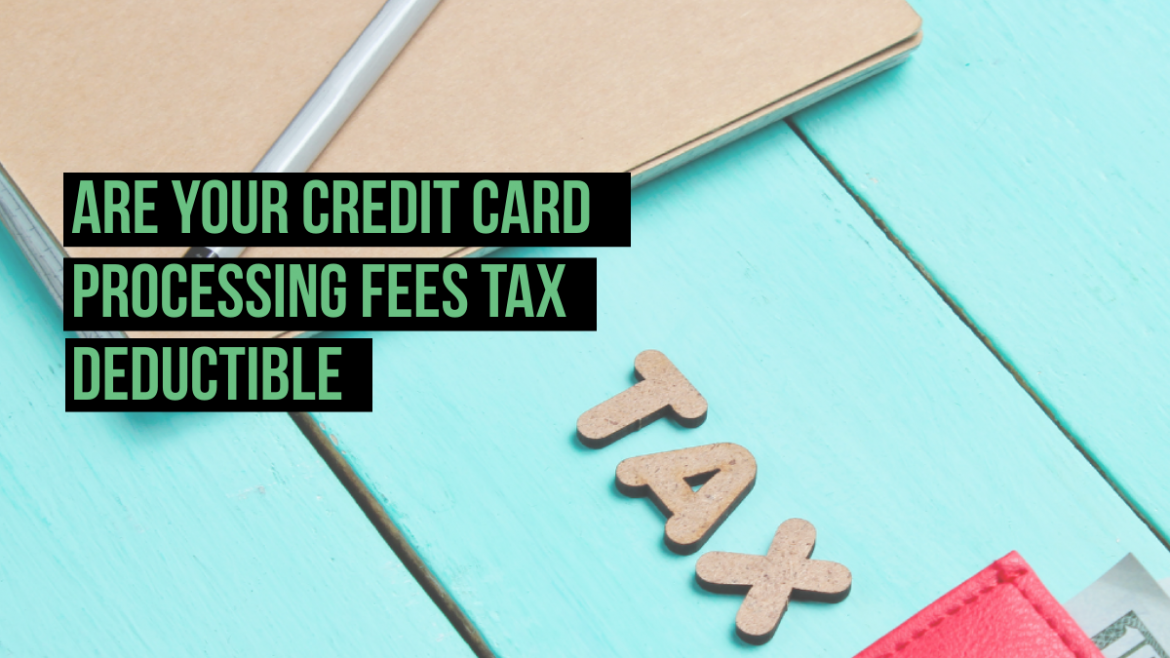Credit cards may provide sign-up bonuses and substantial rewards, but they also bring along unwanted fees. If you’re trying to boost your tax refund by deducting credit card fees, this will depend on whether you’re doing so as a business or an individual. Businesses can deduct most credit card fees, but personal credit card use is another story.
First things first: you don’t need a dedicated business card to deduct business-related fees. That said, this would save you a lot of time trying to determine which expenses on your card are for business purposes, and therefore tax-deductible. That’s why it’s still best to separate your business expenses from your personal expenses.
Want to know more about which credit card fees you can deduct? Here’s a quick overview, as well as how to deduct these fees while following the letter of the law.
Individual Deductions
In 2017, President Trump implemented the Tax Cuts and Jobs Act (TCJA). This was the largest tax reform in 30 years, and some of the biggest changes involved eliminating expenses taken by individuals for business involvement. As a result, for your itemized deductions to be worth it, they must exceed the standard deductions given to all taxpayers. These are:
• $12,950: single taxpayer
• $19,400: head of household
• $12,950: married taxpayer filing separately
• $25,900: married taxpayer filing jointly
• $25,900: qualifying widower
As this list shows, the introduction of standard deductions made itemized deductions obsolete for most taxpayers. Tax deductions for businesses, though, are far more accommodating.
Business Deductions
Almost any credit card fee incurred by a business is eligible as a business expense. These include monthly fees, annual fees, business charges, late fees, and so on. The only rule is that the fee needs to be associated with a business. Businesses can also deduct any credit card processing expenses related to paying their taxes.
Finally, a business can deduct the expenses for accepting credit cards as a merchant. These fees are often complex. A card processor may charge a merchant a flat fee for the privilege of accepting credit cards. Merchants also pay transaction fees to the card issuer. A business can report these fees as business expenses, making them available for tax deductions.
How to Deduct Credit Card Fees
To correctly deduct credit card fees when filing taxes, your business must keep detailed records of the fees incurred. At the beginning of the year, your card processor sends you Form 1099-K, which lists your business income on credit transactions for the past year. This form doesn’t list credit card fees, so you should keep your own records for these expenses.
If you want to get the most out of your tax filings, consider hiring an accountant. As mentioned above, the TCJA (along with the pandemic) introduced some major changes to the tax rules. The safest way to navigate this ever-changing tax landscape and maximize your deductions is to contact a professional.

